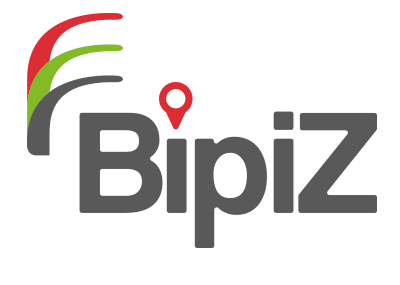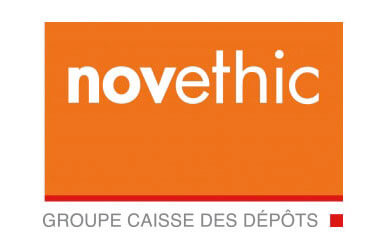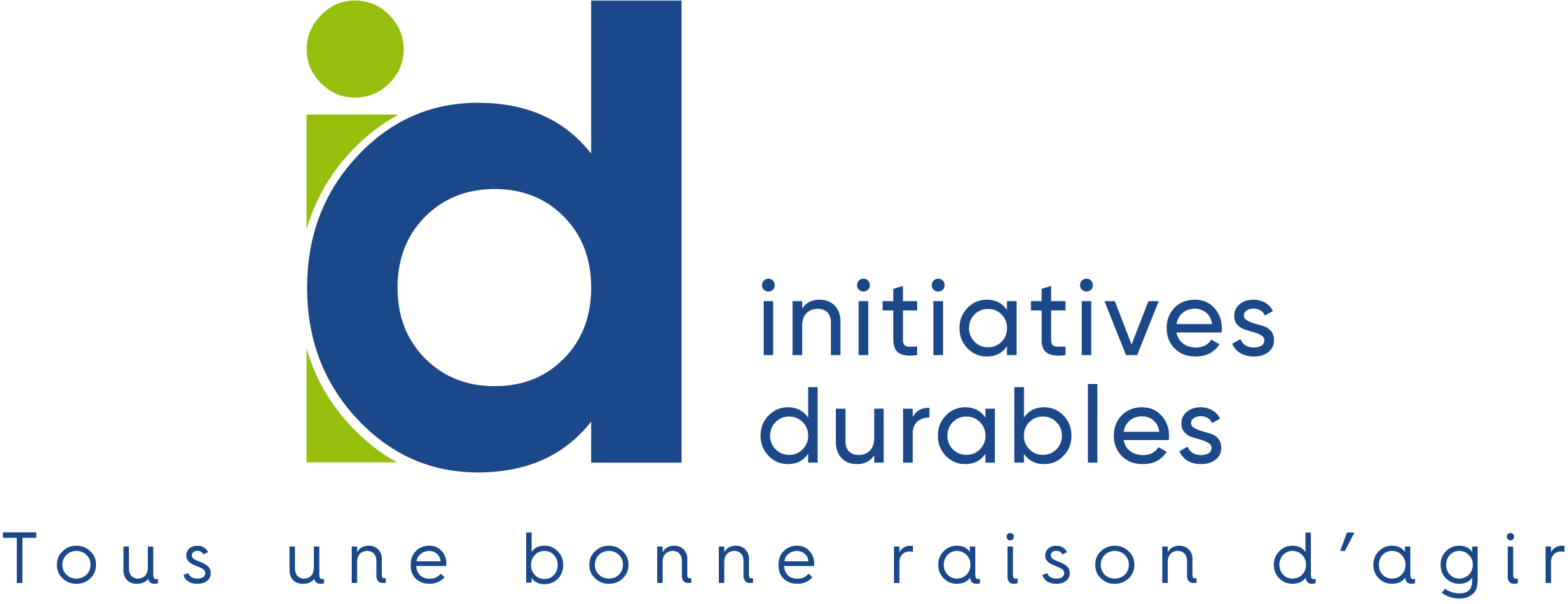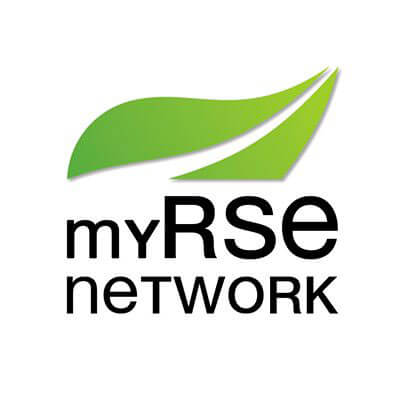Keolis Lille, a Keolis Group subsidiary, operates the Lille Metropolitan area public transit system. With its activity tied so closely to urban services, this company has been committed to sustainable development, focusing not only on environmental protection but also the building of social links via employment opportunities and services benefiting transit passengers (170 million trips provided in 2013, with 60 metro stations laid out on 2 lines, 45 bus routes and 2 tramway lines). For more than 10 years now, Transpole has been taking preventive measures inside educational institutions, as 50% of its ridership is generated from schools and student transport.
KEOLIS LILLE's prevention efforts in the school transportation network
7. Community involvement
Education

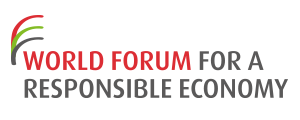
Context
Objectives
- Familiarize youth with public transit services and teach them to be respectful users.
- Introduce the transit company Transpole as a public service organization.
APPROACH
5 instruction modules have been created to inform young users and influence their behavior. The goal of these modules is to improve transit use (less fraud, integrated set of rules). These objectives and instructional guidelines have been adapted depending on the age and socioeconomic category of the target population.
The modules are taught by specially trained staff working in various jobs across the company: bus / tram drivers, conductors, sales agents, local line managers, etc. Some 115 employees are regularly assigned to this mission a few hours a month. When accumulated, this time commitment represents approximately 1.5 full-time equivalent positions.
In conjunction with these field efforts, Keolis Lille helps run an Educational Correspondents' Network, coordinated by the organization Citéo, partnering in the area of social insertion measures. This partner today comprises 22 mediators assigned to educational settings, whether middle schools or high schools. Their missions consist of preventing against violent and deviant behavior as well as discouraging school delinquency through discovering the environment and the working world.
These networks sponsor cultural, artistic or sports projects, in championing strong messages of citizenship with the aim of enhancing the school experience for youth and creating links (teachers and students, seniors and adolescents, institutions and youth, etc.). Such a program helps ease tensions around schools and in the municipality, as well as on the public transit system.
Best Practice selected in 2003, awarded in 2012 and updated in 2014.
CONTRIBUTION TO COMPANY PERFORMANCE
- Fraud is on the decline and the public transit system is used more positively, with rules being respected.
- Employees are given the opportunity to change their daily routine and feel connected to a useful collective strategy.
Benefits
- Children and young people share the information among their families and circulate it outside of the classroom (in 2012, contact was initiated with over 12,000 youth).
- Workforce
- 2850 (2014)
- Turnover
- 310 M€ (2013)
- Country
- France
Contact
Thierry DUC, Directeur Qualité et Développement Durable, 06.11.44.36.35
